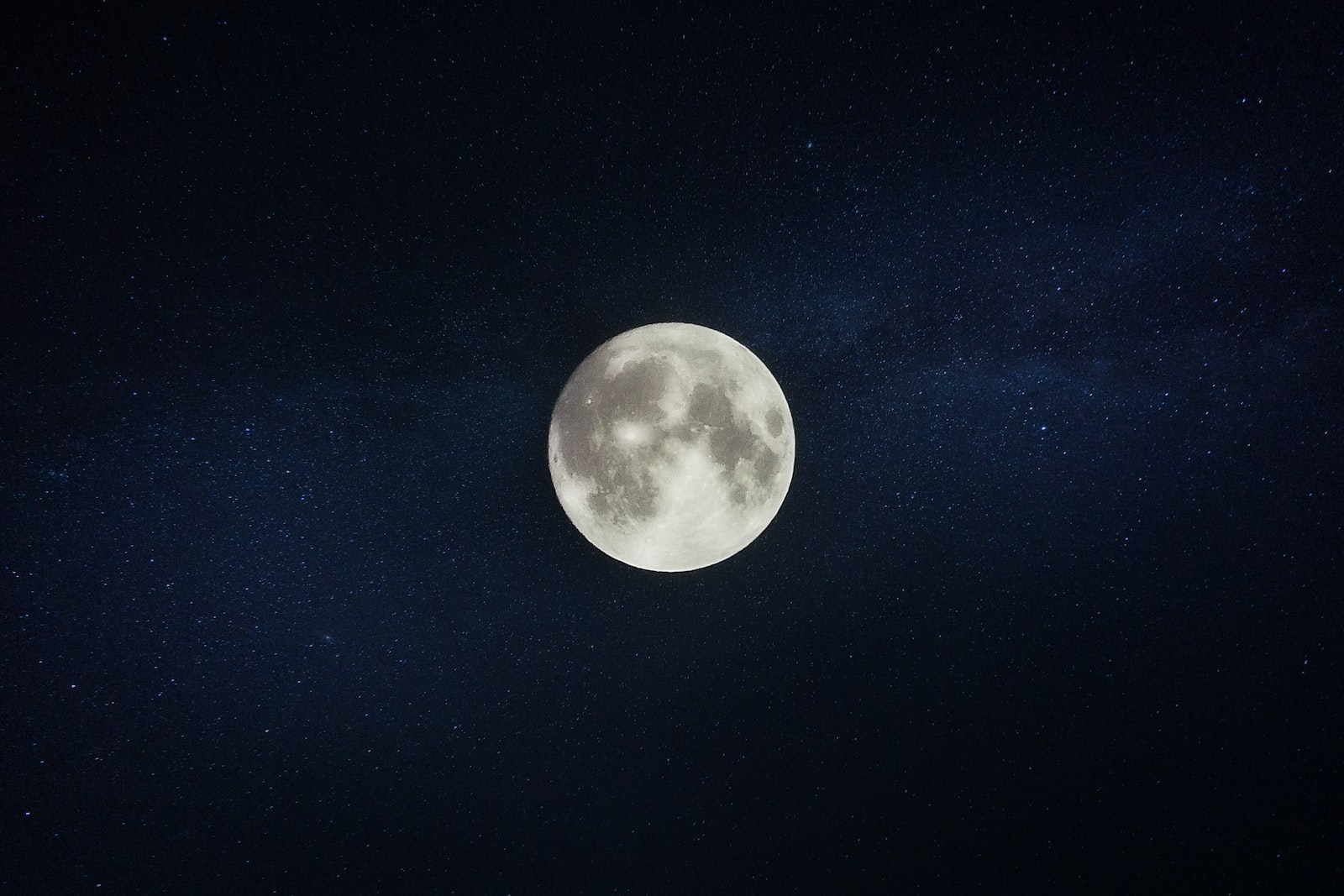A letter on living intentionally
S.R.,
I tripped, last night, crossing the lintel of my bedroom – yet I was asleep, and awoke to find myself bemused and slightly bruised, though I do recall images of my rising out of bed.
I’m reminded of that fragment of Heraclitus,
“But other men know not what they do when awake, just as they forget what they do while asleep.”
Fragment I (my translation)
It is most likely this fragment that Marcus Aurelius has in mind when he cautions,
“It is necessary that we do not act and speak as though asleep, for even those asleep seem to act and speak…”
Meditations 4.46 (my translation)
I cannot seem to shake the feeling, even in my more lucid moments, that I am living as though asleep – by which I mean that I am not living intentionally, or presently (that is to say, in the present moment), but that I am content, even when spurred by creative impulse, or the feeling of obligation, to act, that I do so at a distance from myself.
The days pass, the seconds loiter, and despite spending my time I don’t feel as if I’ve acquired anything particularly valuable in exchange for it. There are moments when this is reasonably justified, as when I’ve forfeited a day to malaise, and am worn down by the weight of a tedious leisure – such as when there is too much to be done, or when nothing is worth doing, and so the day creeps in through a door left ajar, and out just as furtively as it had crept in.
But allow me for a moment to play physician and diagnose the cause of these symptoms: it is, at least in part, a mistaken belief – this obtuse notion of “productivity” which we in modernity are wont to espouse.
Our desire to keep busy is not one brought on by our particularly modern cultural, social, and economic context – it is not restricted to or by time or place, but seems to me, anyway, to be a perennial obsession, though perhaps it is uniquely realized in particular circumstances.
It is something present in our collective unconscious, passed down, as it were, through the generations, though I doubt the obsession is alien to our nature as human beings; we are born with it, our milieu exacerbates it –
“[H]ow inimical are the wishes of our loved ones.”
Seneca, Letter 60.1 (my translation)
But far be it from me to play the sociologist.
It is this desire to keep busy which causes us to become incorrigibly engrossed in matters which are at best trivial, and in ways which are at worst, ridiculous. We devote ourselves greatly, the better part of our lives, even, to everything but ourselves – allow me to explain.
I am speaking, on the one hand, of pursuits which have as their end material gain in excess of what is useful, practical, even moral, I daresay. At best we whittle away our lives for means which we never come to enjoy, or, if we do enjoy them, we do so halfheartedly, in the anxious anticipation of their loss, or the hollow satiety of never having enough. At worst we ruin the lives of others in tandem.
I am speaking, on the other hand, of pursuits which have as their end social gain in excess of what is, all the same, useful, practical, moral, and the two are not entirely separable. The outcome, in either case, is the same. These are vices implicit in the very fact of our being social creatures.
We are consumed by our consumption.
It should as no surprise to you that I am not being original, at least, not entirely, as Seneca says much the same in a work of similar sentiment, which can be summarized thus:
“Everyone hurries his own life along and toils with a yearning after the future, and a fatigue of the present.”
On the Shortness of Life VII.8–9 (my translation)
I am not, exhorting, however, you to a life which is aimless, unfettered, idle, lacking content; I am only bringing to your attention that it is often the case that our lives become no more than the social role we play, or whatever trade we ply – as if you and I were somehow reducible to such things.
Though it is, so it seems, that the cadence of our lives rises and falls by such things, our value is implicit in our humanity, and that is not subject to the whims of Necessity.
And far be it from me to exhort anyone to a life other than that to which they are suited (as being defined by our particular interests, capabilities). Not everyone is a philosopher, a poet, an artist, and it would be ludicrous to enjoin being such on everyone, much as it would be to enjoin a religious vocation, or a technical trade (carpentry, for example, though Socrates is fond of shoe-making), or much as it would be to insist that there is anything such as a philosopher, a poet, or an artist.
Our being anything at all is sui generis.
And I will leave you with that – I have to get ready for work.
Farewell.
Sincerely,
George
